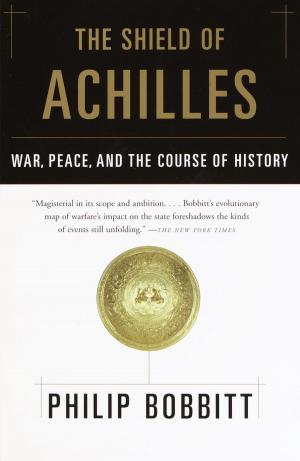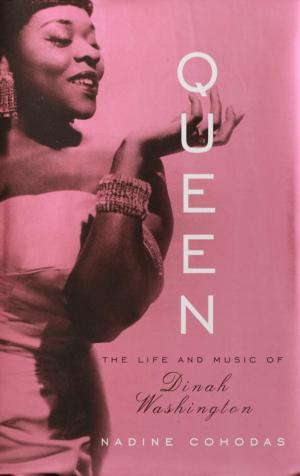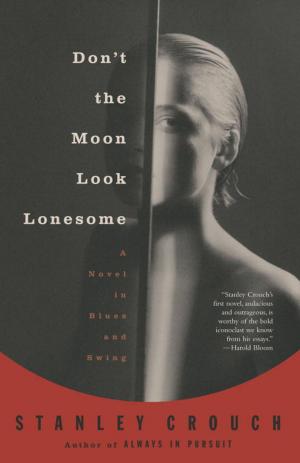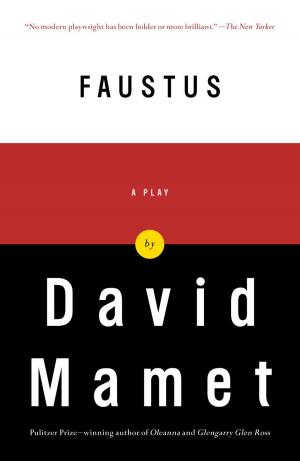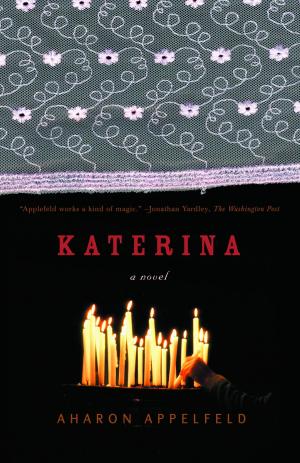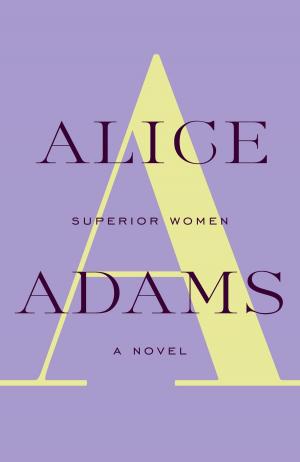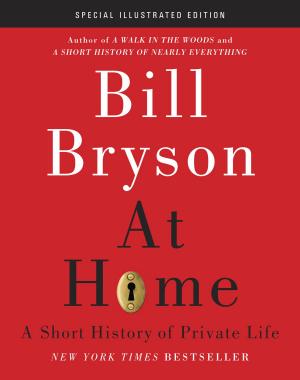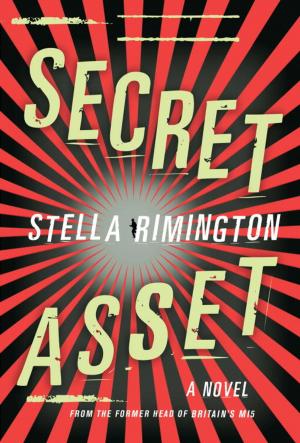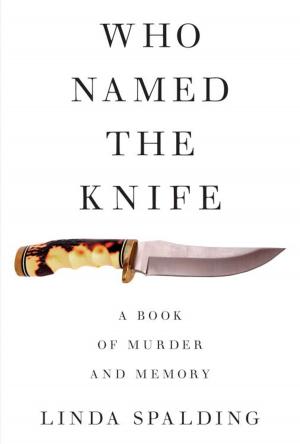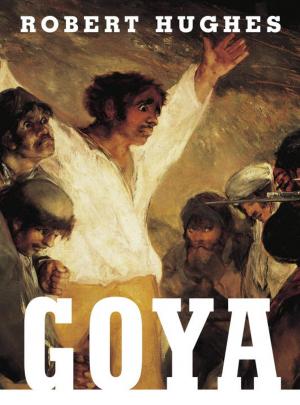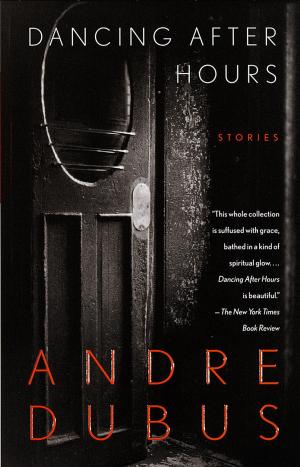Luck and Circumstance
A Coming of Age in Hollywood, New York, and Points Beyond
Nonfiction, Entertainment, Performing Arts, Television, Direction & Production, Biography & Memoir, Entertainment & Performing Arts| Author: | Michael Lindsay-Hogg | ISBN: | 9780307701497 |
| Publisher: | Knopf Doubleday Publishing Group | Publication: | September 27, 2011 |
| Imprint: | Knopf | Language: | English |
| Author: | Michael Lindsay-Hogg |
| ISBN: | 9780307701497 |
| Publisher: | Knopf Doubleday Publishing Group |
| Publication: | September 27, 2011 |
| Imprint: | Knopf |
| Language: | English |
From acclaimed director Michael Lindsay-Hogg (The Normal Heart, The Beatles’ Let It Be, Brideshead Revisited, The Rolling Stones Rock and Roll Circus, etc.), son of glamorous Warner’s movie star Geraldine Fitzgerald: a magical dreamscape memoir of his boyhood, coming-of-age, and making his way in the worlds of theater, film, and television.
Lindsay-Hogg’s father, an English baronet from a family whose money came from the China trade, lived in Ireland and was rarely seen by his son. The author’s stepfather was the scion of the Isidor Straus fortune, co-owner of R. H. Macy’s; Straus went down with the Titanic, and the author’s stepfather was, alas, fortune-less.
The author's mother, Geraldine Fitzgerald, the redheaded Irish seductress who won instant acclaim as Bette Davis’s best friend in Dark Victory and in William Wyler’s Wuthering Heights, spent time with Hollywood’s elite—Laurence Olivier, Charles Chaplin, and Orson Welles, with whom she worked in New York at the Mercury Theater and in other productions.
Lindsay-Hogg writes of how he wented his way into this exotic, mysterious, and seductive world, encountering as a small boy the likes of Marion Davies and William Randolph Hearst, playing hide-and-seek with Olivia de Havilland, serving drinks to Humphrey Bogart, discussing life with Henry Miller.
At the book’s center, an offhand comment made to Lindsay-Hogg by his mother, when he was sixteen, about talk circulating (false, she claimed) that she had had a romantic relationship with Orson Welles (Fitzgerald and Welles had lived together at his home in Beverly Hills) and that Welles, rumor had it, was Michael’s father (“It’s not true,” she said. “You know how people put two and two together and get three . . .”).
That was the end of the conversation. (“It’s time for bed . . . You have school in the morning . . .” she said.) For Lindsay-Hogg, it opened up a whole new realm of his life. He was forever changed by the knowing—of not knowing.
Interwoven throughout his narrative is the element of questioning who his father was. Was he the patron saint of American pictures, the legendary genius of the twentieth century, Orson Welles, a consistently inconsistent person in Michael’s life . . . or was he the man who considered himself Michael’s real father? What did his “father” know? What did Welles know? And what did his mother know to be true (she had brought the author up to believe that she always told the truth)? And when would she tell her son what the truth was . . .
As Lindsay-Hogg struggled to make sense of it all, questions of missed chances, conversations never had, questions of what is withheld and what is true took root, dogging him, shaping his life . . . questions still, that haunt and inform this moving, deft, and illuminating memoir.
From acclaimed director Michael Lindsay-Hogg (The Normal Heart, The Beatles’ Let It Be, Brideshead Revisited, The Rolling Stones Rock and Roll Circus, etc.), son of glamorous Warner’s movie star Geraldine Fitzgerald: a magical dreamscape memoir of his boyhood, coming-of-age, and making his way in the worlds of theater, film, and television.
Lindsay-Hogg’s father, an English baronet from a family whose money came from the China trade, lived in Ireland and was rarely seen by his son. The author’s stepfather was the scion of the Isidor Straus fortune, co-owner of R. H. Macy’s; Straus went down with the Titanic, and the author’s stepfather was, alas, fortune-less.
The author's mother, Geraldine Fitzgerald, the redheaded Irish seductress who won instant acclaim as Bette Davis’s best friend in Dark Victory and in William Wyler’s Wuthering Heights, spent time with Hollywood’s elite—Laurence Olivier, Charles Chaplin, and Orson Welles, with whom she worked in New York at the Mercury Theater and in other productions.
Lindsay-Hogg writes of how he wented his way into this exotic, mysterious, and seductive world, encountering as a small boy the likes of Marion Davies and William Randolph Hearst, playing hide-and-seek with Olivia de Havilland, serving drinks to Humphrey Bogart, discussing life with Henry Miller.
At the book’s center, an offhand comment made to Lindsay-Hogg by his mother, when he was sixteen, about talk circulating (false, she claimed) that she had had a romantic relationship with Orson Welles (Fitzgerald and Welles had lived together at his home in Beverly Hills) and that Welles, rumor had it, was Michael’s father (“It’s not true,” she said. “You know how people put two and two together and get three . . .”).
That was the end of the conversation. (“It’s time for bed . . . You have school in the morning . . .” she said.) For Lindsay-Hogg, it opened up a whole new realm of his life. He was forever changed by the knowing—of not knowing.
Interwoven throughout his narrative is the element of questioning who his father was. Was he the patron saint of American pictures, the legendary genius of the twentieth century, Orson Welles, a consistently inconsistent person in Michael’s life . . . or was he the man who considered himself Michael’s real father? What did his “father” know? What did Welles know? And what did his mother know to be true (she had brought the author up to believe that she always told the truth)? And when would she tell her son what the truth was . . .
As Lindsay-Hogg struggled to make sense of it all, questions of missed chances, conversations never had, questions of what is withheld and what is true took root, dogging him, shaping his life . . . questions still, that haunt and inform this moving, deft, and illuminating memoir.

